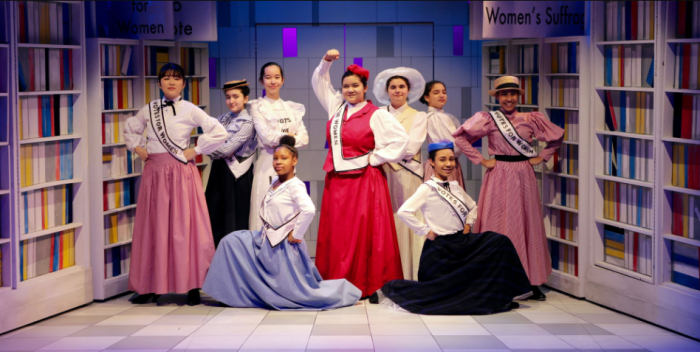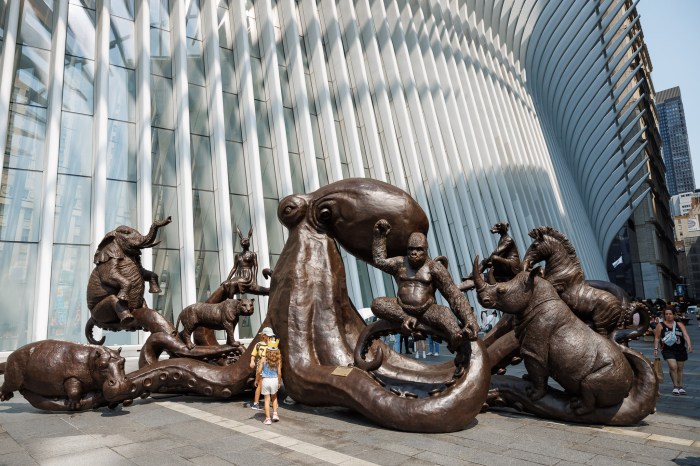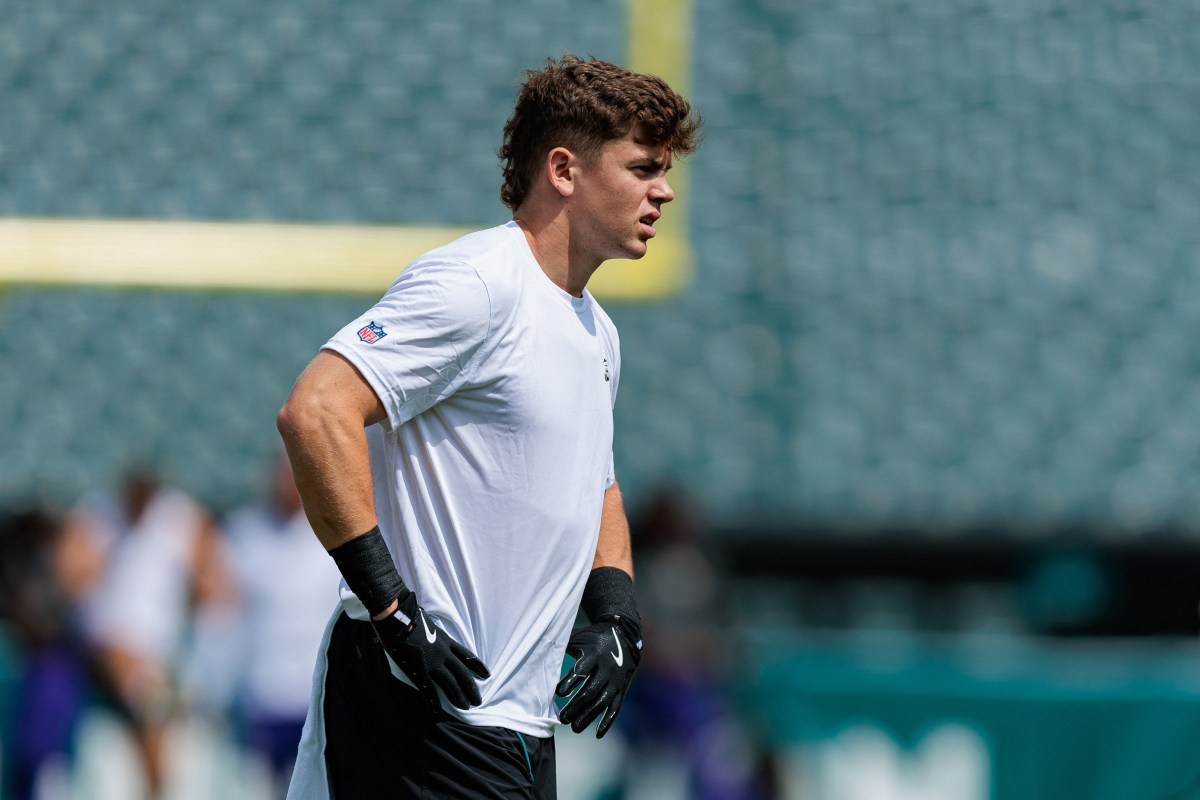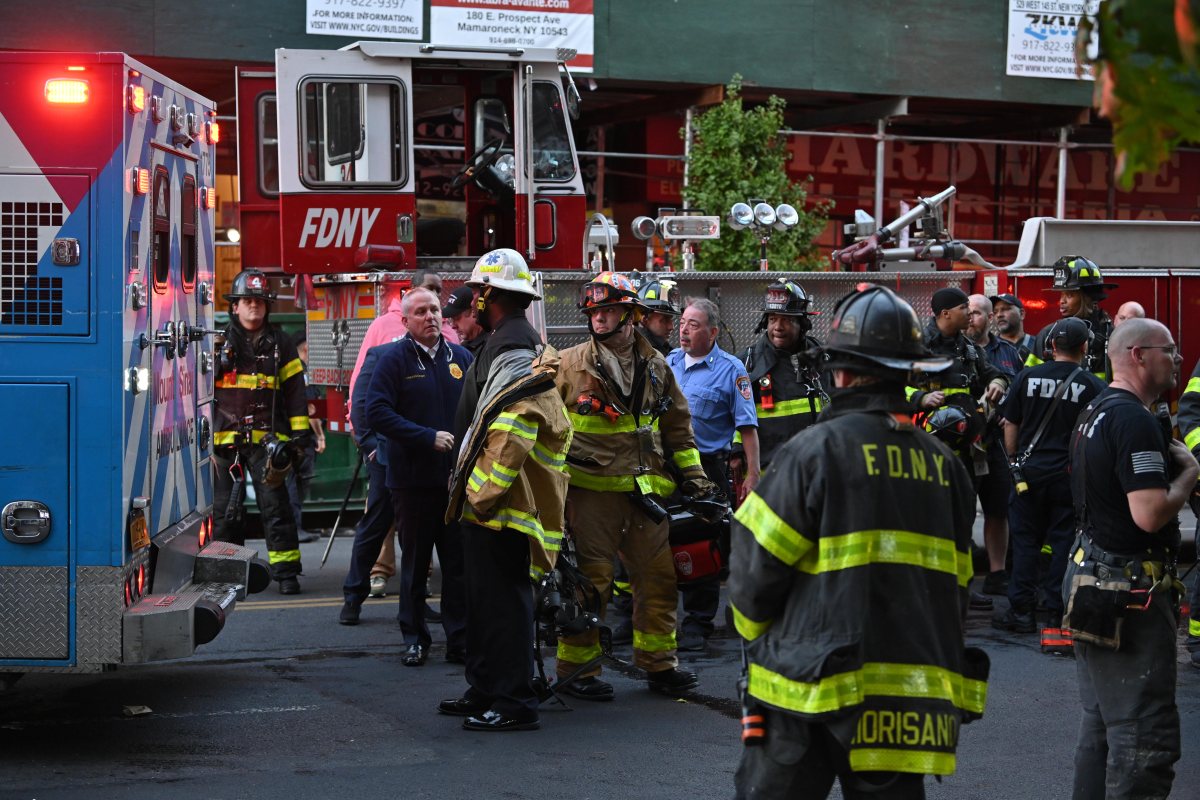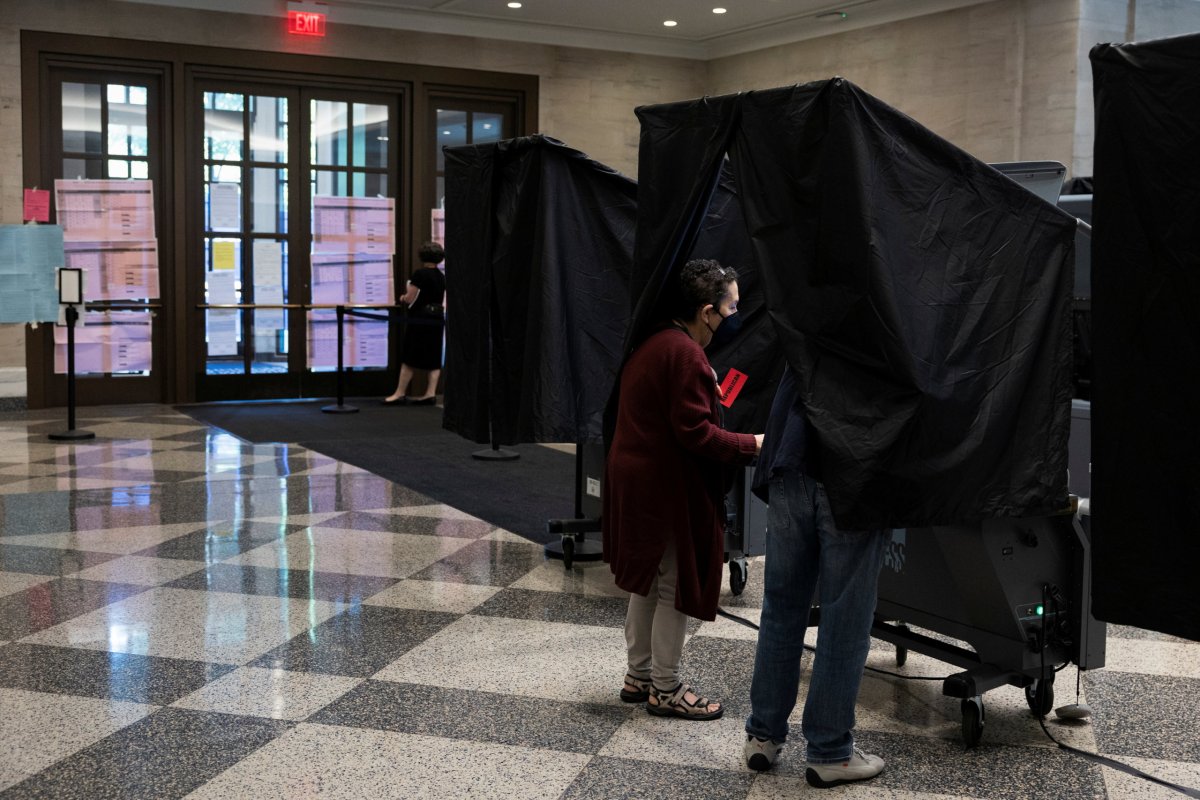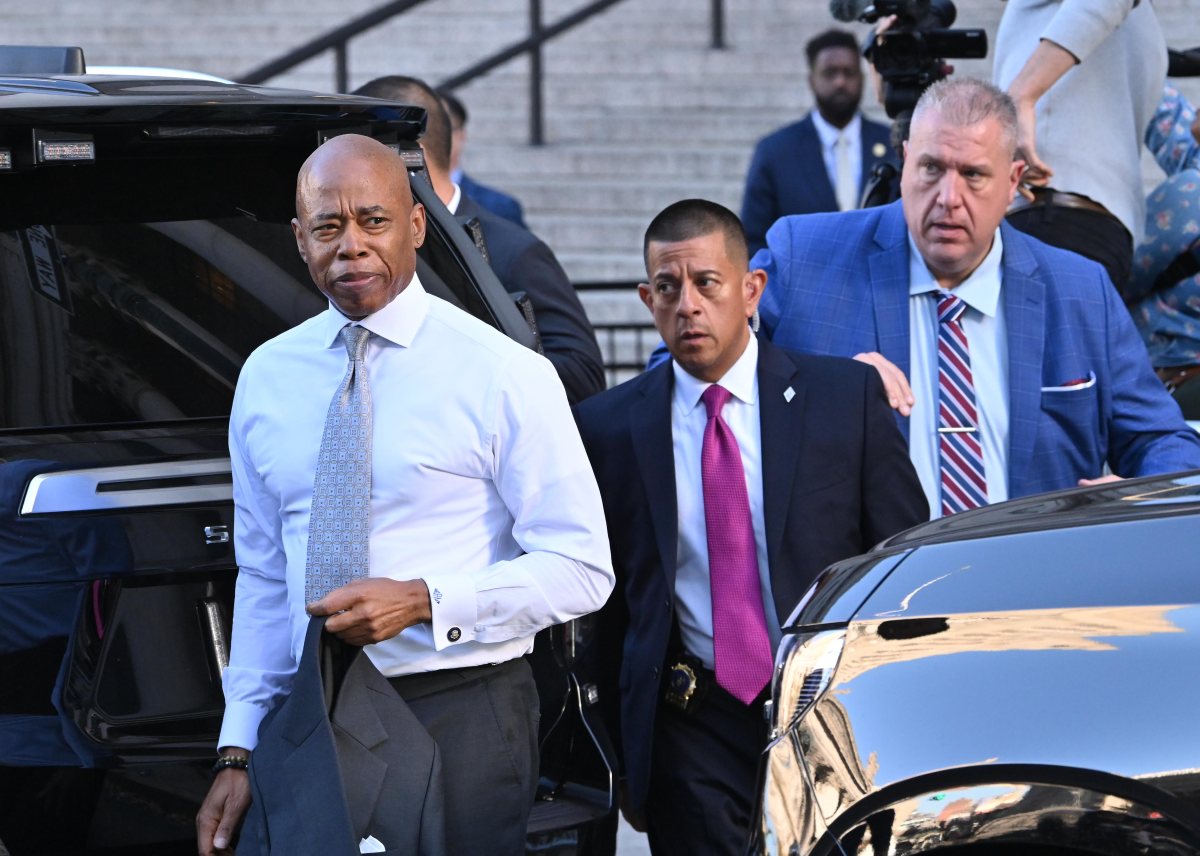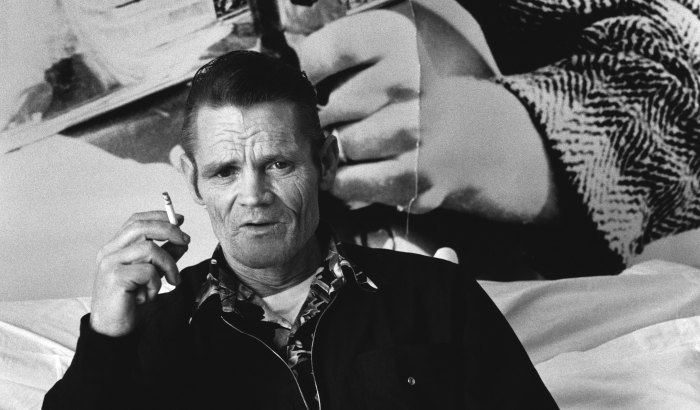It’s gotten easier for Kim Warnick to tell her story. That’s not to say it’s ever easy to share that you were sexually assaulted by a coworker, but in the time of #MeToo, it’s becoming a little different.
“Three years ago, no one was talking about this, so it’s crazy now to be in this sort of new wave of talking about sexual violence in the workplace,” Warnick said. “Three years ago … it was really hard to look around and not see any example of that, and not know what I was supposed to do.”
That’s why Warnick, 26, began sharing her story as a member of the Boston Area Rape Crisis Center (BARCC) Survivor Speakers Bureau; to open people’s eyes to the prevalence of sexual assault and to be a beacon to those who had experienced it.
Three years ago, Warnick was raped by a director at the technology marketing company where she then worked as a “much lower level employee.” It happened during a work conference, at a hotel where the employees were also all staying.
She reported the rape to both her work and the police a few months afterward, but nothing came of it. The man still works there, Warnick said, and once her company told her the investigation was over and that was it, she quit.
Another higher-up had tried to get her to stay. He didn’t know the situation and asked what the company could do to keep her, she said, but when she told him why — that she was raped by an employee who still worked there — “he was floored by that,” she said.
He asked who it was, but Warnick felt it was inappropriate to say. So he guessed, and guessed right with no context.
“That always stuck with me, and that’s a piece I always share,” Warnick said. “Say a colleague of yours tells you they were raped by someone at work, really let that sink in for a minute. What are the stories that pop into your head when you try to solve mystery of who it was? For a lot of people, a lot of moments pop up. … why don’t we do anything about all those other moments?”
After quitting, Warnick moved back to Boston. She had gone to college here and still had connections. She began receiving services at BARCC and last year attended the Walk for Change for the first time. This Sunday, she’ll take part it in again.
Sunday, April 22 marks the twelfth annual Walk for Change, an event to raise awareness for sexual violence, to bring together survivors and allies and to raise money for BARCC, a nonprofit.
More than 1,700 people walked last year, and Warnick thinks even more will come out this weekend — both survivors who have gained some courage from the #MeToo movement, and allies who now see the issue and want to help.
Warnick knows that some people may be wary of attending an event focused on sexual violence. The topic can make people uncomfortable, or it might seem like it will be a solemn affair. It isn’t, she assured.
“There’s not a lot of storytelling, it’s not about bearing witness to a lot of stories — it’s a walk and a fundraiser, people play games and there’s food trucks and dogs being walked. It’s like a festival environment,” Warnick said. “It’s a really pleasant morning activity, that is just a really warm way to be able to support survivors.”
It’s also a new opportunity for people who have heard of #MeToo, but don’t know how to get involved. This year, BARCC expects to raise about $230,000 from the event, which will go toward providing services for survivors like counseling, which are free.
“This is a place where you can maybe take a step beyond witnessing #MeToo,” Warnick said, “and show up for survivors in the Boston area.”
When is the BARCC Walk For Change?
The Boston Area Rape Crisis Center twelfth annual Walk for Change kicks off 8:30 a.m. at Artesani Park in Brighton. The walk is 2.6 miles, beginning and ending at the park.
Registration ahead of time is $30 for adults, $10 for children and $5 for dogs (who must be on leashes) and fees increase by $5 the day of the event. Learn more and register online at barccwalk.org.

